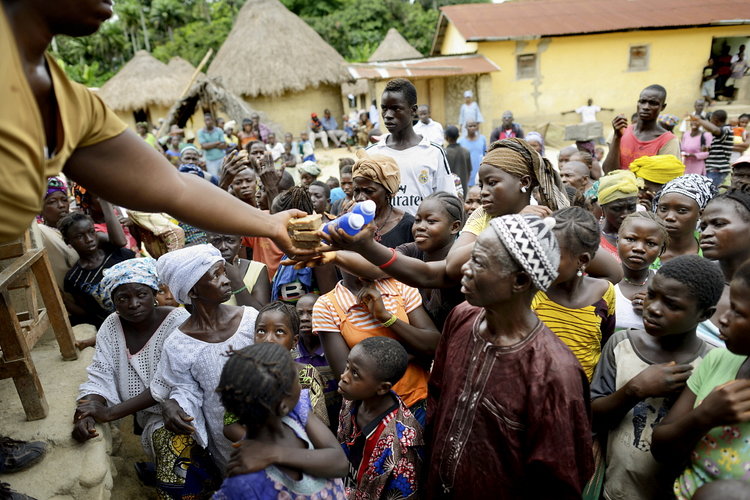By: Imogen Mathers
Send to a friend
The details you provide on this page will not be used to send unsolicited email, and will not be sold to a 3rd party. See privacy policy.
Public health responses to the Ebola crisis neglected to build trust among affected people, and more must be done to engage with the ‘human factor’ when disease outbreaks occur, anthropologist Heidi Larson warns in this audio interview.
Larson, director of the Vaccine Confidence Project at the London School of Hygiene & Tropical Medicine, United Kingdom, says crisis response programmes must address public fears around disease.
One critical lesson to emerge from the Ebola epidemic, she says, is that failing to focus on communication and trust-building with communities early on can lead to heightened fears and misinformation that jeopardises safety and helps a disease spread.
Social scientists and medical experts need to work hand-in-hand to devise responses, Larson says, because “a public health or medical expert and an anthropologist will look at the same situation and notice very different things”.
The interview was recorded at ‘Ebola – The 21st-century plague?’, a conference at the Royal Society of Medicine, United Kingdom, on 6 February.














